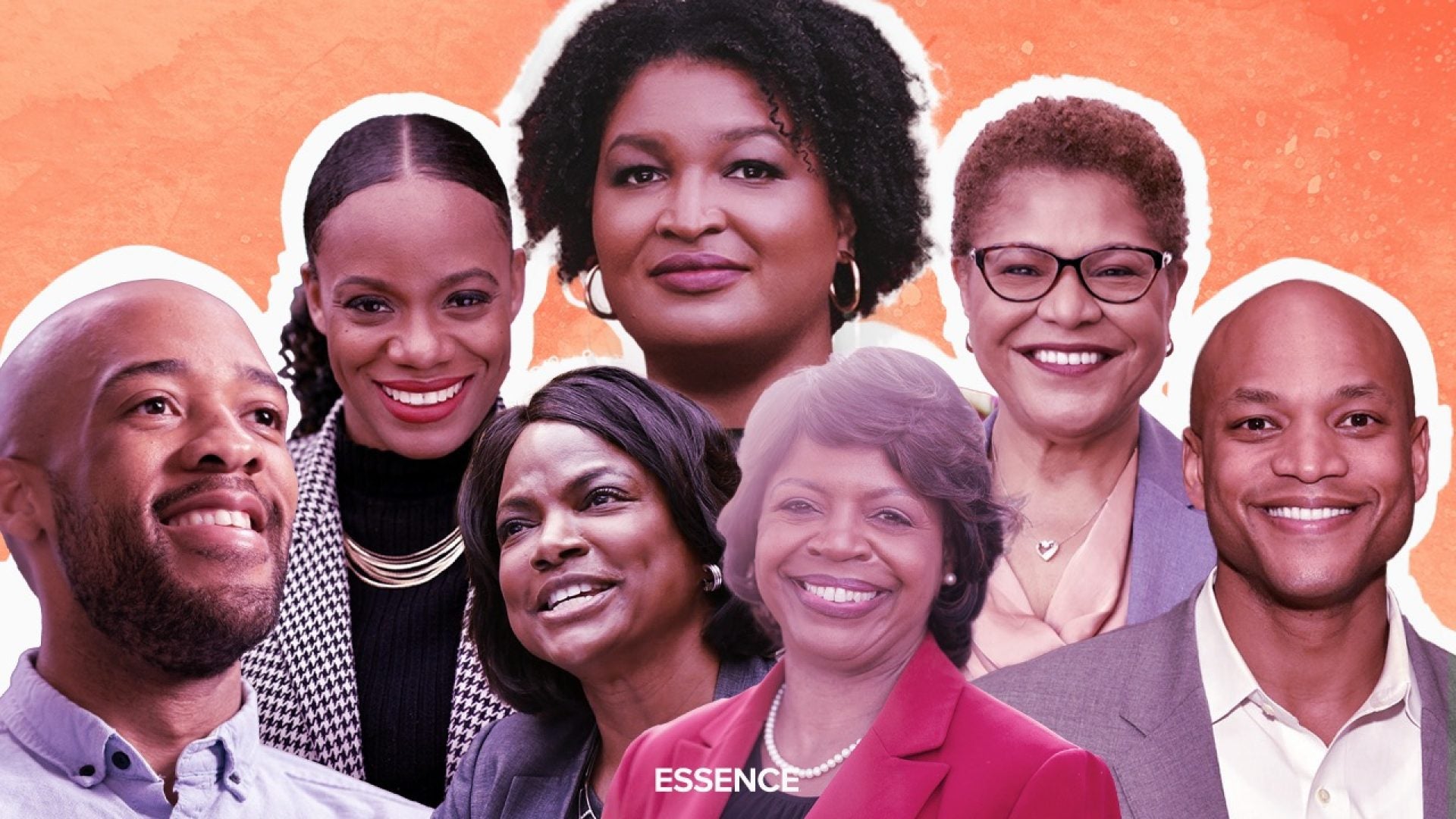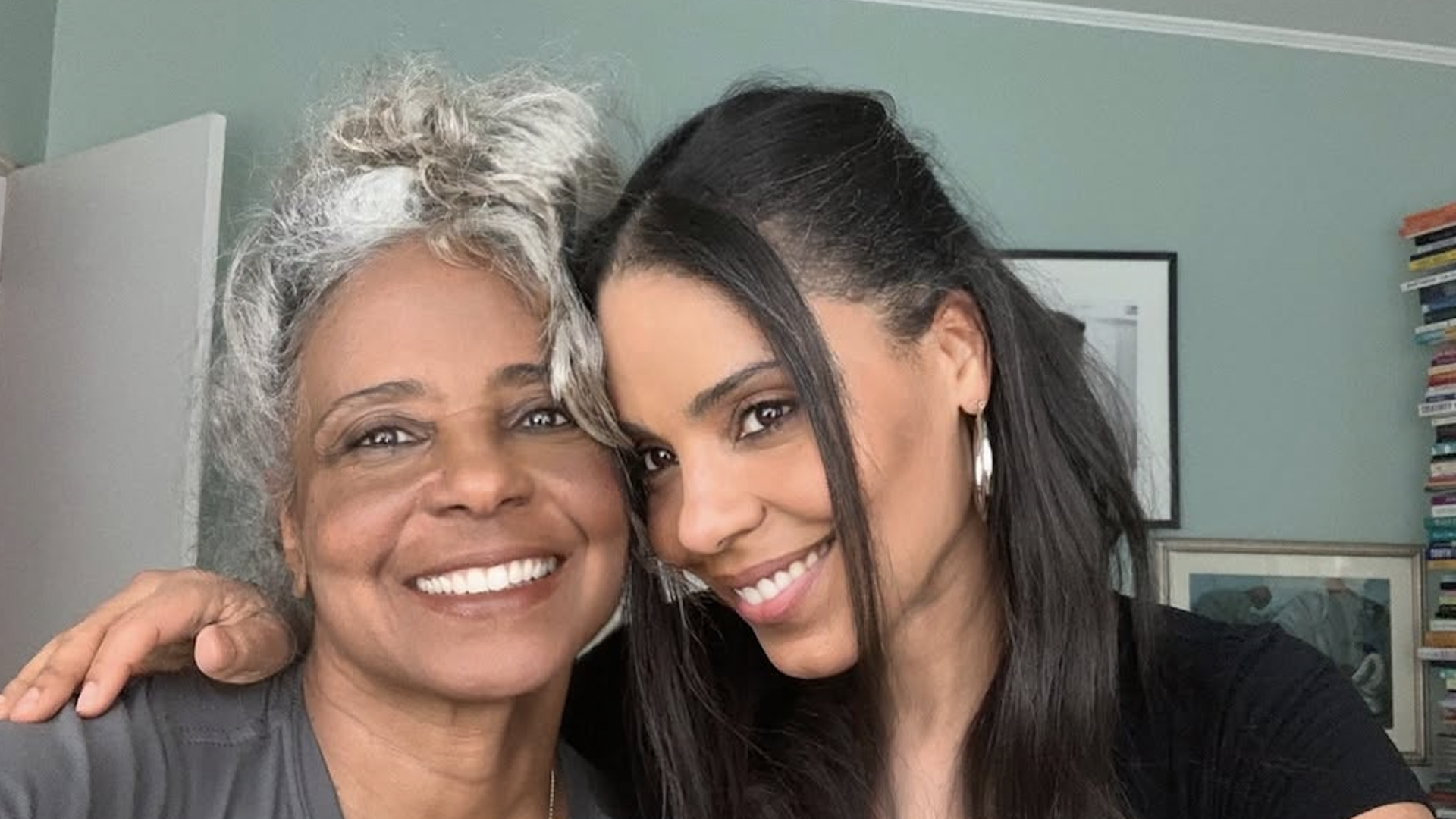
A record number of Black candidates ran for office during the 2022 midterm elections. Several of them made history with election wins across the U.S.
Among them is Wes Moore, who will be the first Black governor of Maryland, and Maxwell Frost, the 25-year-old Afro-Latino who will be the first Generation Z member in Congress. Summer Lee became the first Black woman elected to Congress from Pennsylvania.
Andrea Campbell is now the first Black woman to be elected attorney general in Massachusetts state history. In California, Karen Bass was just inaugurated as mayor of Los Angeles, making her the first woman and only second Black person to do so.
There were also some tough losses, with high-profile gubernatorial and senate candidates like Stacey Abrams, Mandela Barnes and Val Demings, each unsuccessful in their bids for office.
In a 2020 Pew Research Center survey, 4 in 10 Black adults said electing more Black people to office would be a “very effective tactic” for groups working to help Black Americans achieve equality.
Political representation can serve as a catalyst for progress in racial equality and holding the government accountable for many Black communities. And these politicians’ candidacies represent something larger that has the potential to reshape national politics for years to come.
However, at a time when there are deep divides along racial and cultural lines in America, Black candidates often face considerable challenges when attempting to run for office.
So with the midterm election cycle now in the rearview mirror, what does it take to maintain Black political engagement and support for Black candidates at the ballot box and beyond?
“When it comes to Black candidates, we deal with so many challenges, whether it be voter suppression of our community to issues of gender and racism in terms of voters’ perceptions of Black candidates, so here we look at candidates holistically,” says Quentin James, Founder and President of The Collective PAC, a political action committee focused on increasing Black political engagement, representation and power across all levels of government.
James says while the basic process for getting on a ballot is relatively simple, a few key things are necessary for a candidate to succeed.
“It’s important that authenticity be number one. Number two is running for the right reasons. You know, what is your plan to improve your community? Don’t focus on national trends or what the hot buzzwords are, but what does the community want from you and from a leader? It’s really establishing what your policy priorities are,” he says. “And then third, it’s a lot of other mechanics that we look at, so we train candidates on how to raise money effectively. “
The organization has helped over 300 Black candidates win elections across the United States since its inception in 2016. Co-Founder and Senior Adviser Stefanie Brown James says fundraising is vital for any campaign and is often a hurdle for Black women in particular when running for office.
“We know that Black women are more likely to receive less donations than their white counterparts, even white women. You can have the same donor give for the past ten years, but when a Black woman is a candidate, we’ve seen that they’ve given less, why is that?” she asks rhetorically.
As OpenSecrets found in a 2020 report, “Black women raised on average a third of what white women raised in competitive primaries. Among demographic groups, white women tend to have the highest totals in their average total receipts, average amount from PACs, average individual donations, average from large individual donors, and average from small individual donors.”
“There are so many misconceptions about Black women just in the ecosystem. So we’ve seen some really pointed, targeted attacks against Black women, especially on social media, criticizing hair, weight, complexion,” Brown James notes. “And all this is while so many of these women are moms and still working jobs because a lot of times you still have to work your full-time job and run for office, so now those are just some of the challenges that Black women face, but that Black women also overcome.”
Political strategist Alencia Johnson says she doesn’t think there was enough pushback against the racist and culturally biased attacks for Black candidates who weren’t victorious in their bids for office during the 2022 midterm elections.
“You could run the most perfect and pristine campaign, as we’ve seen all the way up to President Barack Obama. And yet, there’s a media narrative you’re going to have to combat.”
“You’re going to constantly have to understand the vicious media cycle that can, unfortunately, cause so much harm to our Black candidates,” says Johnson, a former senior advisor for the Biden campaign.
“That means that the party supporting, or the people supporting this candidate, has to actually be equipped to push back on those attacks that uniquely only come at Black candidates. I think that, unfortunately, we didn’t see enough shielding and protection of some of our Black candidates who didn’t make it over the finish line,” she adds.
Johnson says the other aspect of this is that not everyone can become a candidate, so it’s critical to develop Black political talent to work on these campaigns.
“Just as important as it is for us to develop amazing Black candidates, we’ve also got to put very senior Black political operatives in these positions to run these campaigns. That’s how we help Black candidates.”







In addition, says Brown James, it’s important that political engagement among voters be part of everyday life.
“I think we have to infuse this into our own lives to stay engaged and just think, okay if I know about that community meeting or event then my friend should know… So we can all become individual ambassadors for staying engaged by just our core group of people that we hang out with and the places we go to,” she explains. “If more of us did that on a regular basis, it would definitely have a ripple effect.”
Looking ahead to the future, these experts all agree that more awareness and engagement from voters can go a long way.






